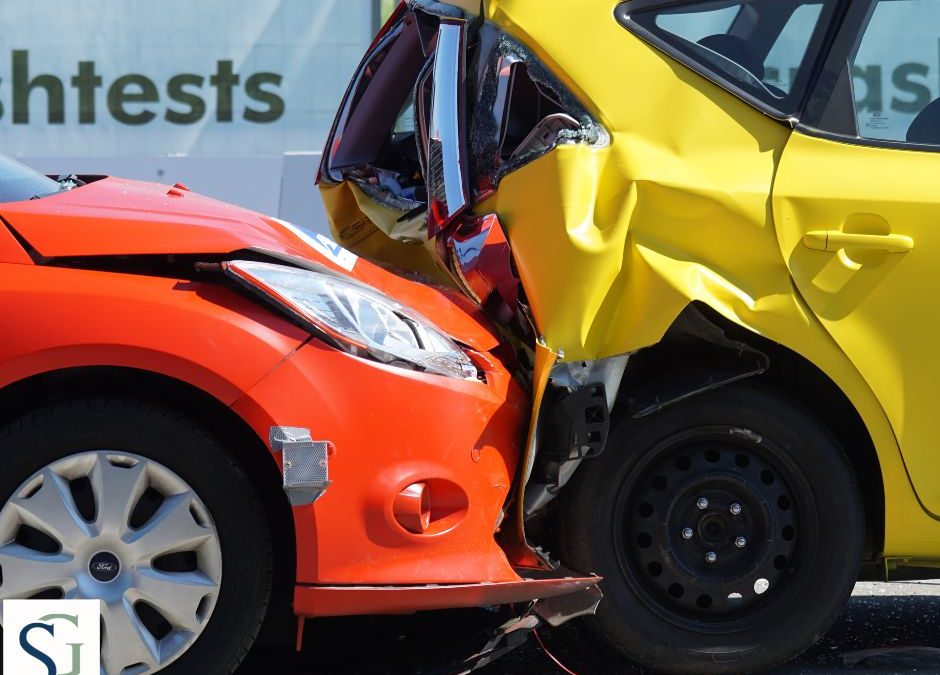The cause of a crash is not always clear. Even if it was, you might have little recollection of what happened due to your injuries. So, understanding how you can find evidence will be crucial. You need to show the other person was at fault, and they may be trying to show that you caused the collision.
While the camera can lie, it tends to be reliable in the case of camera footage of crashes. What’s more, there are probably more cameras out there than you realize that might have recorded something useful to you. Here are three places to look for footage of your crash.
1. Bystander’s phones
Hopefully, your crash is not going to go viral on the internet. Yet, if you consider how many crashes have done, it’s clear that a lot of people sense a crash is about to happen and pull out their phones in time to record it.
2. Dashboard cameras
Some cars now come with this built-in. Many other drivers add them later. Even if they did not catch the actual crash, they might have caught something in the moments before the crash, such as the other driver drifting dangerously across the lane.
3. Security cameras
A bar might have one pointing toward its car park so the bouncers can keep an eye out for signs of trouble. A gas station will have one to ensure people don’t drive off without paying, and a homeowner might have one so they can see who is waiting at the gate. Security cameras often cover a reasonably wide angle, so they may have the road in the background and have caught you and the other driver.
How can I get footage from traffic or surveillance cameras?
Obtaining footage from traffic cameras or surveillance cameras usually involves the following steps:
a. Contact the appropriate authorities: If the accident occurred at a traffic intersection, you can reach out to the local traffic or transportation department to inquire about obtaining the footage.
b. Contact nearby businesses: If the crash took place near a business, reach out to the store or building management to see if they have surveillance cameras that may have captured the accident.
c. File a formal request: In some cases, you may need to file a formal request, possibly through an attorney, to access footage from government-owned cameras or private property cameras.
Is it common for there to be footage of a car crash?
Yes, it is becoming increasingly common for car accidents to be captured on various forms of footage. With the prevalence of dashboard cameras, surveillance cameras, and smartphones, there is a higher likelihood of incidents being recorded by bystanders or nearby surveillance systems.
Can social media posts provide footage of the car crash?
Yes, social media platforms may have relevant footage or images posted by witnesses or individuals involved in the accident. People may share content on platforms like Instagram, Twitter, or YouTube, which could be helpful in understanding the events leading up to the crash.
How long are surveillance camera recordings usually retained?
The retention periods for surveillance camera recordings can vary depending on the owner’s policies and local laws. Some businesses or government entities may retain footage for a few days or weeks, while others might keep it for several months. So, it’s best to reach out to obtain the footage as soon as possible. A good lawyer that specializes in car crash cases can help with that.
What if the footage contradicts the other party’s version of events?
If the footage contradicts the other party’s version of events, it can significantly impact the outcome of insurance claims or legal proceedings. It may help establish your innocence or demonstrate the other party’s negligence, potentially leading to a more favorable resolution for you.
What if I can’t find any footage of the car crash?
If you can’t find any footage of the car crash, don’t be discouraged. There are various other ways to support your insurance claim or legal case, such as witness testimonies, police reports, and physical evidence at the scene. Again, an experienced attorney can help you build a strong case based on the available evidence.
Knowing the evidence is out there is one thing. Accessing it and knowing how to use it to fight for compensation is another. For that, you need good legal representation.

